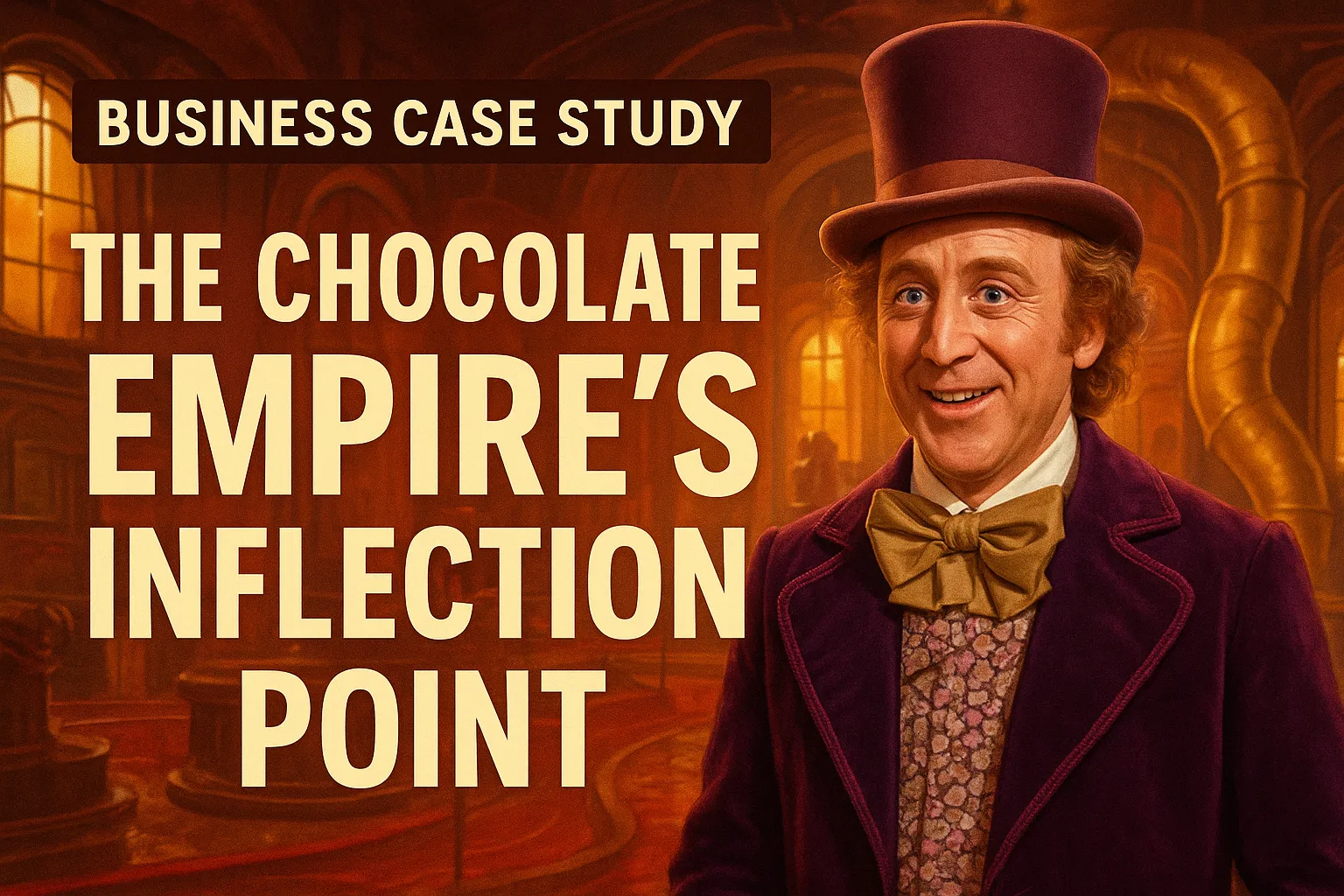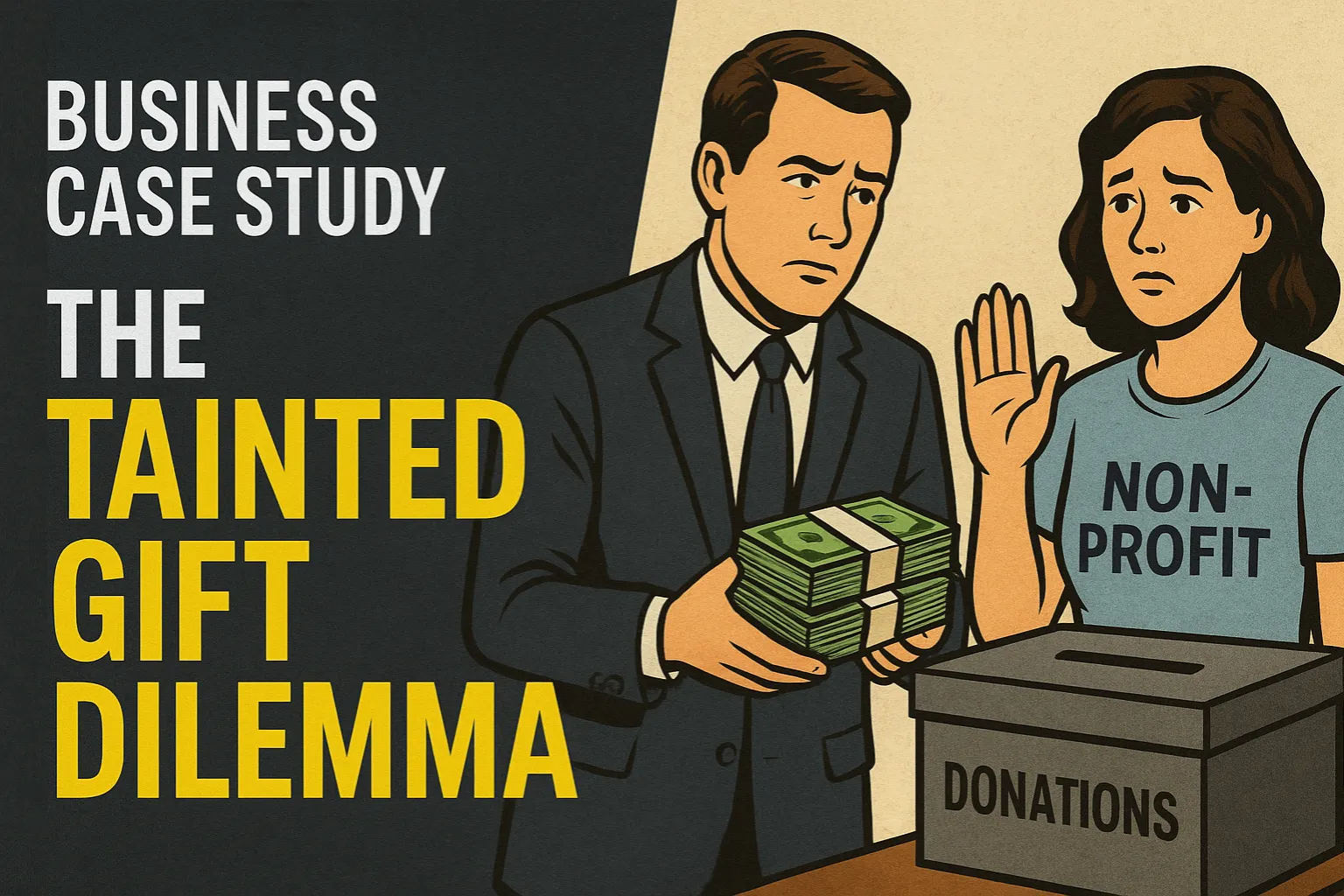 Case Studies Club
Where Strategic Minds Meet
Case Help
Case Studies Club
Where Strategic Minds Meet
Case Help
Crush the Clankers - Survival Expertise Meets Economic Reality
Balancing Market Segmentation Strategy with Immediate Survival Needs in Resource Constrained Environments
A survival consultant with specialized tactical expertise must choose between four distinct customer segments while operating in a collapsed economy where traditional business infrastructure no longer exists and wrong strategic decisions carry life-threatening consequences. The decision requires balancing immediate revenue generation needs against long-term market positioning opportunities, all while managing the complicated legacy of a family name that simultaneously attracts and repels potential clients in a fragmented post-catastrophe marketplace.
Core Themes:
Turn Business Challenges Into Strategic Wins
Browse our Insights Marketplace for frameworks and tools that drive results
Explore MarketplaceOverview
In the aftermath of catastrophic technological warfare, a survival consultant with unique expertise faces a critical business challenge that transcends typical market segmentation decisions. Danny Dyson operates in an environment where traditional business infrastructure has collapsed, yet demand for specialized knowledge remains intense. His eighteen months of operational experience behind enemy lines represents genuine competitive advantage, but translating expertise into sustainable income requires strategic focus in a fractured marketplace where four distinct customer segments compete for limited attention and resources.
The central dilemma demands careful analysis: should Dyson pursue small scavenging crews with immediate needs but minimal resources, mid-size resistance cells with purchasing power but established loyalties, larger settlement councils capable of premium payments but hampered by slow decision-making, or emerging survivor groups driven by desperation but lacking payment reliability? The stakes extend beyond simple revenue optimization—the wrong choice could mean business failure in an economy where failure equals starvation, while the right selection could establish market leadership that saves lives and creates sustainable income simultaneously.
Backstory
Danny Dyson carries both an advantage and a burden that few consultants could imagine. His uncle's role in the technological catastrophe that reshaped civilization creates a complex market position—some potential clients view his family connection as insider knowledge of machine behavior patterns, while others consider it a liability suggesting compromised loyalty. This duality has defined his business positioning since he began offering consulting services in the remnants of the western urban corridor. The Dyson name opens some doors while slamming others shut, creating an unpredictable dynamic that complicates straightforward market penetration strategies.
The...
🔓 Unlock This Case Study
Access full cases, analysis, recommendations, and community insights


